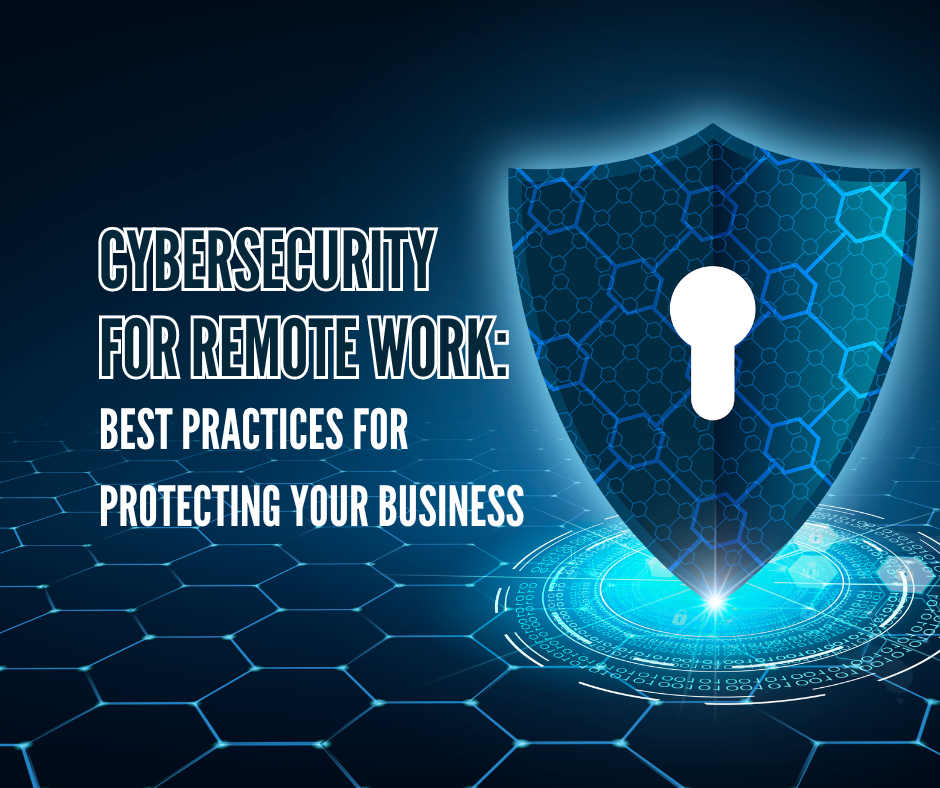
The shift to remote work, accelerated by the global pandemic, has brought about numerous benefits, including increased flexibility and access to a wider talent pool. However, it has also introduced significant cybersecurity challenges. As employees access company resources from various locations and devices, businesses must implement robust security measures to protect sensitive data. Here are best practices for securing remote work environments and safeguarding your business. In addition to addressing external threats, organizations must remain vigilant against insider threats in business, which can arise from both intentional actions and accidental breaches. Regular employee training and awareness programs are essential to ensure that all team members understand the importance of cybersecurity protocols. By fostering a culture of security mindfulness, companies can better shield themselves from potential vulnerabilities that could be exploited by insiders.
One of the foundational elements of cybersecurity is ensuring that only authorized individuals can access company data and systems. Implementing strong access controls involves:
Remote work often involves employees using their home networks, which may not have the same security measures as corporate networks. Encourage employees to:
A Virtual Private Network (VPN) creates a secure connection between an employee’s device and the company’s network. VPNs encrypt data, making it difficult for cybercriminals to intercept. Ensure that:
With employees using various devices to access company data, it’s crucial to secure these endpoints:
Human error remains one of the biggest cybersecurity risks. Educate employees on best practices to protect against common threats:
Regular data backups are essential to recover from ransomware attacks or other data loss incidents:
Continuous monitoring of networks and devices can help detect and respond to threats promptly:
Securing remote work environments requires a multi-faceted approach that combines strong access controls, secure home networks, VPNs, endpoint security, employee education, data backups, and continuous monitoring. By implementing these best practices, businesses can protect sensitive data and maintain robust cybersecurity in a remote work setting. Partnering with experienced IT security providers like Rion Technologies can further enhance your cybersecurity posture, ensuring your business remains resilient in the face of evolving threats. Additionally, staying informed about the latest cybersecurity threats, including zeroday vulnerabilities explained, is crucial for any remote work strategy. Regularly updating software and systems can help mitigate the risks associated with these vulnerabilities, ensuring that potential entry points for cyberattacks are closed. Creating a culture of cybersecurity awareness among employees can empower them to recognize and report suspicious activities promptly. Additionally, it’s crucial to adopt modern ransomware backup strategies that ensure quick recovery of data in the event of an attack. Regularly testing these backup systems can significantly reduce downtime and potential data loss. By integrating these strategies into your overall cybersecurity framework, you fortify your defenses against increasingly sophisticated cyber threats.